Sottrazione internazionale di minori
aggiornamento: 27 marzo 2020
Last updated on 27 March 2020 by the Italian Ministry of Justice
INTERNATIONAL CHILD ABDUCTION
International child abduction is an offence whereby infants, children and adolescents of any nationality, habitually resident in a given country, are forcibly removed or retained abroad without the consent of one of the holders of parental responsibility.
Under the rules of the Hague Convention of 25 October 1980 on the civil aspects of international child abduction in respect of minors under 16 years of age, parents, guardians or entities holding custody rights who were actually exercising those rights around the time the infant, child or adolescent was arbitrarily removed abroad, may file, optionally with the free assistance provided by the Central Authorities, an emergency application for return of the child, before the competent overseas judicial body, provided that the country where the child is located is a member of the European Union, or non-EU signatory to the Convention, or a party to the Convention through a declaration accepted by the State of habitual residence of the minors.
In Italy, jurisdiction to examine applications for return lies with the juvenile courts with territorial jurisdiction, whose decisions, to be handed down where possible within weeks, can only be challenged with an appeal in cassation.
The provisions of the Convention require that proceedings brought through an application for return be dealt with expeditiously, and if the application has been filed within one year of the abduction, it must generally be allowed.
The application for return may be rejected only if:
- the child, deemed to have a sufficient degree of maturity, objects to being returned, giving reasons;
- return would expose the child to serious harm.
A court order for return of a child may, in the event of non-compliance by the person responsible for the abduction, be executed forcibly in the overseas State in which it was issued.
In some cases of refusal to order return in a European Union country, the applicant may request that the court of the State of original residence of the child, within the meaning of Article 11 of EC Regulation 2201/2003, re-examine the application for return.
The decision to accept the request for re-examination shall prevail over the contrary decision previously issued abroad and may be executed in the State to which the child was taken.
Where, on the other hand, the child has been removed to a country where the Convention is not applicable, the parent filing the application may bring a case, with the aid of defence counsel, before the competent judicial body of the country of habitual residence.
Any decision ordering return will be enforceable abroad only upon the outcome of further proceedings for recognition and declaration of enforceability brought before the competent overseas judicial authorities.
More detailed information on how to instigate the repatriation procedure with the optional free assistance of the Italian Central Authority and on the documents to be attached to applications for return to Italy, which may be submitted on unstamped paper or in electronic format translated into Italian, can be found on the website https://www.giustizia.it/giustizia/it//mg_2_5_10.page or requested by emailing autoritacentrali.dgmc@giustizia.it and prot.dgmc@giustiziacert.it.
OBLIGATION TO PAY MAINTENANCE FOR CHILDREN IN A CROSS-BORDER FAMILY SITUATION – RECOVERY OF MAINTENANCE
European Regulation 4/2009, applicable in all European Union states with the exception of Denmark, allows for the calculation and compulsory collection, overseas, of maintenance obligations owed by debtors residing in countries other than those in which the beneficiaries of said payments are domiciled.
In cases in which a member of the family is required, by law or by virtue of a decision, to contribute financially to the support of relatives not living with them, whether minors or adults, the party entitled to demand payment may request, possibly with the free assistance of the Central Authorities:
- that an order to pay the claimed amounts be issued overseas;
- that an order to pay sums due, already issued in another country of the European Union, be forcibly executed.
Creditors and debtors in respect of maintenance payments may also bring, before the judicial body that originally issued the ruling, a request for amendment of a decision already handed down.
Moreover, dissatisfied creditors may request, exclusively through the Central Authorities, that the competent overseas judicial bodies arrange for checks to be carried out to determine the place of residence of the debtor in a particular foreign country and to verify the debtor’s financial situation.
Proceedings brought with the aid of the Central Authorities, which are required to provide information on the receipt and the stage of processing of applications, are first brought and dealt with at administrative level and may, in the event of failure to reach an agreement between the parties, subsequently progress to judicial level.
Decisions to be enforced in Italy must be produced as an authenticated document and accompanied by documentation translated into Italian, which may also be obtained as a paper or electronic copy.
Orders issued by the Italian judicial bodies may be challenged at two instances.
More detailed information on the procedures for bringing proceedings for payment and recovery of maintenance claims processed by the Italian Central Authority and on the documents that must be attached to applications can be found on the website https://www.giustizia.it/giustizia/it//mg_2_5_7.page or requested by emailing autoritacentrali.dgmc@giustizia.it and prot.dgmc@giustiziacert.it.
According to Article 3 of European Regulation 4/2009, in matters relating to maintenance obligations, jurisdiction shall lie, in the alternative and concurrently:
- with the court of the State in which the debtor is habitually resident;
- with the court of the State in which the creditor is habitually resident;
- with the court with which applications for separation, divorce or ruling on parental responsibility have also been filed.
The party bringing the action, who may take advantage of free legal counsel to claim maintenance for persons aged under 21, may therefore apply to any of the above judicial bodies at their choice.
However, a debtor who has already been ordered to fulfil maintenance obligations may file an application for amendment of the decision handed down against him or her only before the court of the country where the order to be reviewed was issued, unless the creditor who habitually resided in that State when the previous action was brought has moved to another country.
The two parties may agree, in writing, that jurisdiction to rule on maintenance lie with the courts of the State of habitual residence or citizenship of either party. In cases where the claim for maintenance owed concerns spouses or former spouses, the latter may designate as the judicial authority with conventional jurisdiction, the judicial authority with the capacity to define the matrimonial dispute or the judicial authority in the State in which the parties had their last common residence for a period of at least one year.
Court orders requiring the payment of sums of money as maintenance may be forcibly executed overseas immediately, according to the provisions governing the enforcement procedure in the State in which said procedure must be initiated. However, for the execution of decisions handed down in actions brought before 18 June 2011, it is necessary that the creditor first bring an action overseas aimed at obtaining the declaration of enforceability of the order he/she has obtained. In Italy, the judicial body to which this application for a declaration of enforceability must be submitted is the Court of Appeal with territorial jurisdiction.
The law applicable in Europe to relations between family members in respect of property, identified by the Hague Protocol of 23 November 2007 on maintenance obligations, is the law of the State of habitual residence of the creditor. Nonetheless, if a creditor who is a minor or under the age of 21 brings an action before a court in the State of habitual residence of the debtor, the law of the country in which the case was brought shall necessarily apply.
Both parties, through an agreement drawn up in writing before or during the proceedings, may choose the law to which their rights and obligations in respect of maintenance are to be subjected, from among the law of the habitual residence or of citizenship of one of the parties and the law governing matrimonial relations. This choice cannot validly be made in the case of maintenance payments for minors or disabled persons.
PARENTAL RESPONSIBILITY
Article 8 of European Regulation 2201/2003 generally assigns jurisdiction to decide matters of parental responsibility to the Court of the EU Member State of habitual residence of the minors whose custody is disputed. This jurisdiction stands also in cases of international child abduction, provided that the child has not remained abroad for a period of at least one year without an application for their return being filed in court, and provided that their removal or failure to return have not been accepted by the parent entitled to claim wrongful removal or failure to return in court.
Furthermore, where a court of a Member State other than that of the minor’s residence is called upon to rule in proceedings for separation, divorce or annulment of marriage, an application relating to parental responsibility may also be lodged with that court, during the same proceedings, provided that no objection is raised to such an extension of the subject of the matrimonial proceedings, which must in any case be considered to be in the best interests of the minor.
Orders relating to the exercise of parental responsibility, issued in an EU Member State, for execution overseas, must first be declared enforceable, upon request by the interested party filed with the overseas judicial authority, which in Italy is represented by the Court of Appeal with territorial jurisdiction.
Decisions handed down in matters of parental responsibility by the Italian judicial bodies, in respect of which European citizens may avail of free legal counsel under the conditions established by Italian law, may be the subject of an ordinary appeal through the courts of appeal and cassation.
Relevant legislation
- Article 8 Hague Convention of 25 October 1980 (return of children).
- Article 12 Hague Convention of 25 October 1980 (decision on return of children)
- Article 13 Hague Convention of 25 October 1980 (decision to refuse return of children).
- Article 8 Regulation EC 2201/2003 (jurisdiction in matters of parental responsibility).
- Article 11 Regulation EC 2201/2003 (return of the child)
- Article 28 Regulation EC 2201/2003 (declaration of enforceability of decisions relating to parental responsibility)
- Article 3 Regulation EC 4/2009 (jurisdiction in respect of maintenance obligations)
- Article 56 Regulation EC 4/2009 (available applications in respect of maintenance obligations).
- Article 3 Hague Protocol of 23 November 2007 (law applicable to maintenance obligations)
►Help us improve►Contact Assistance Services |
 |



